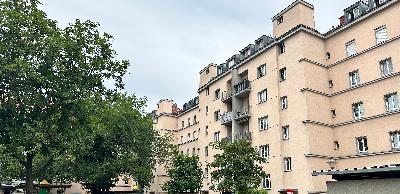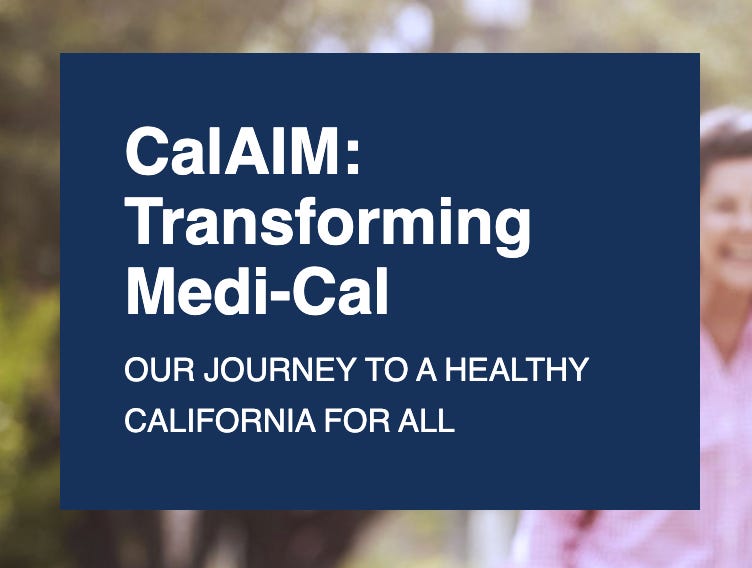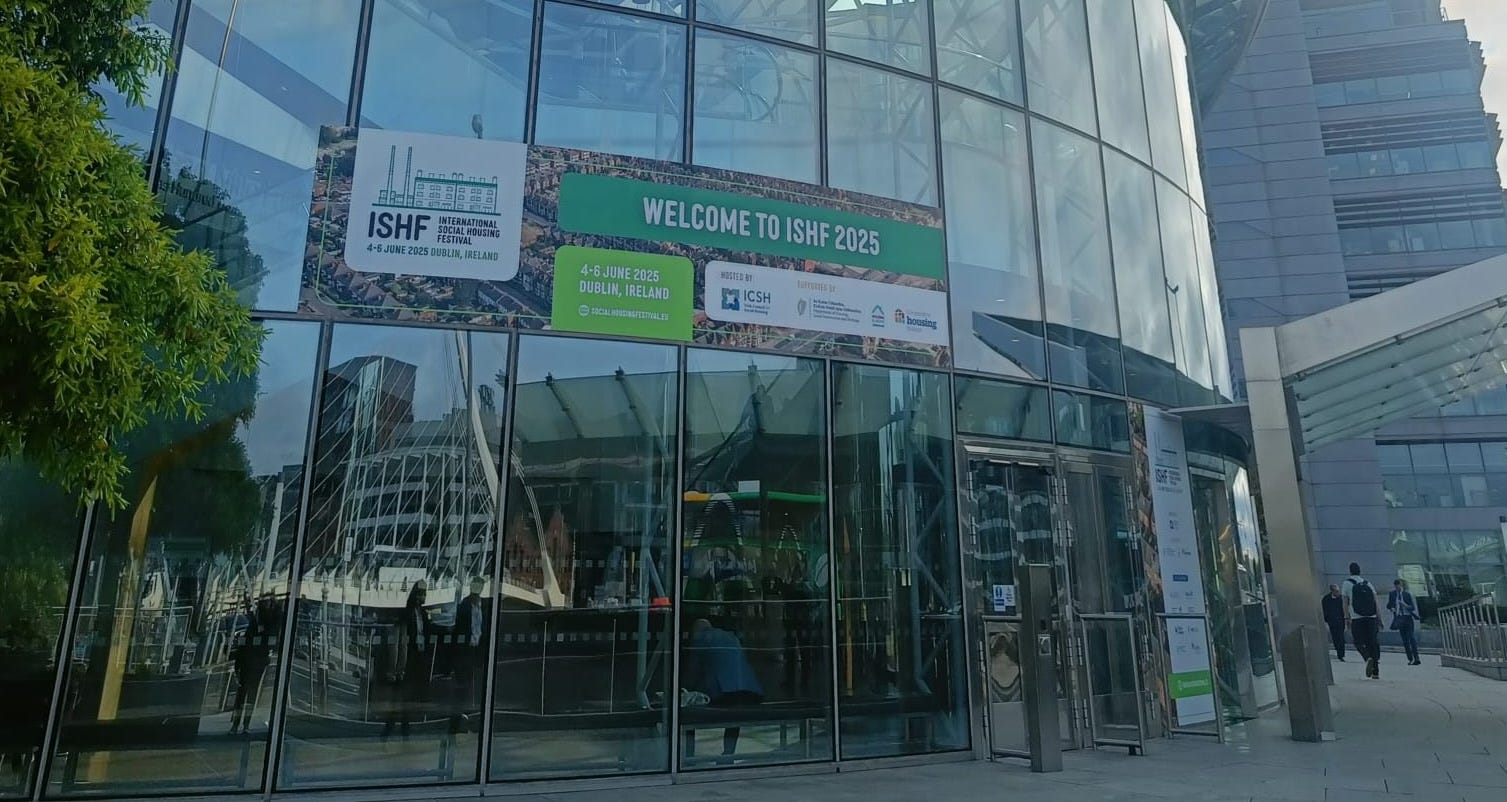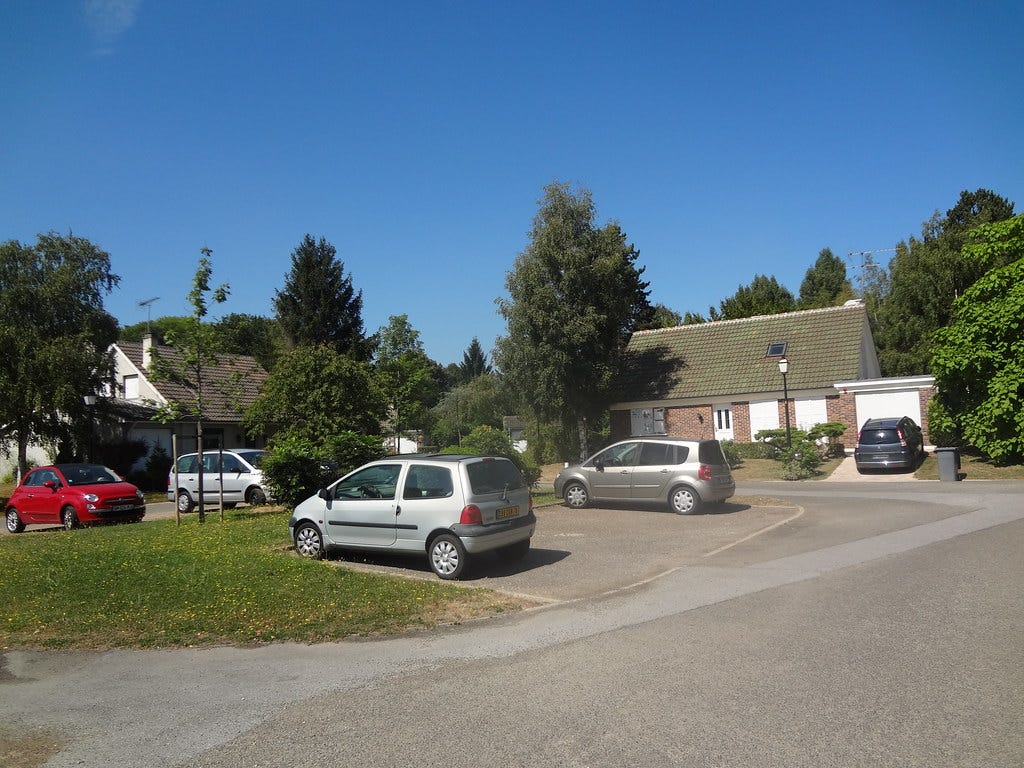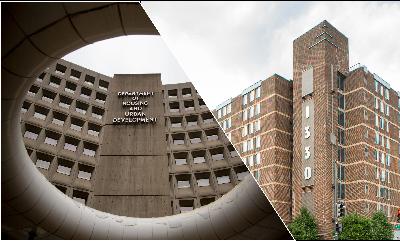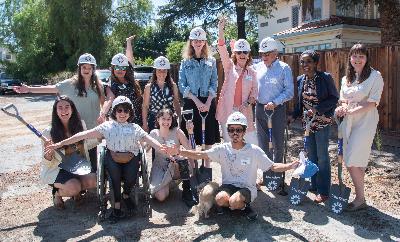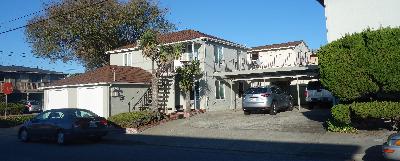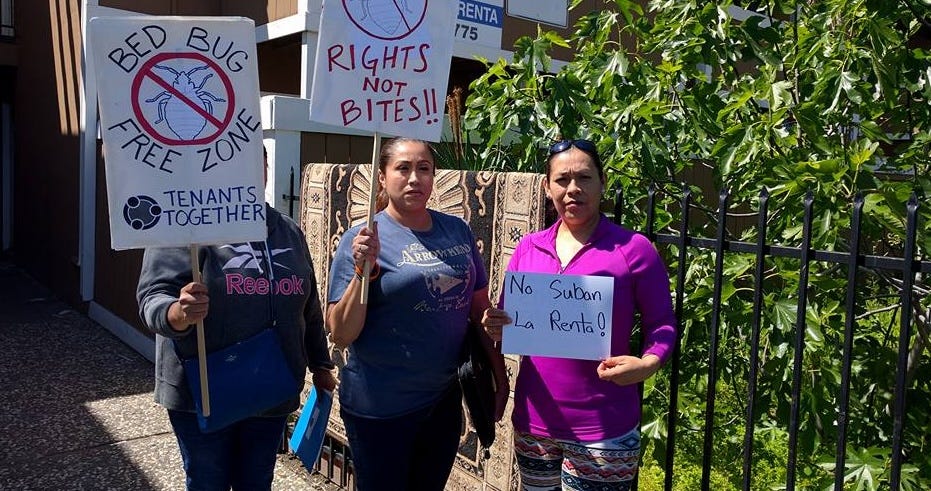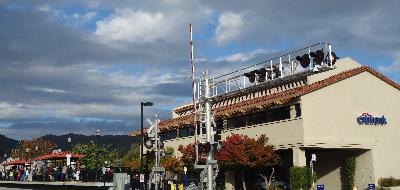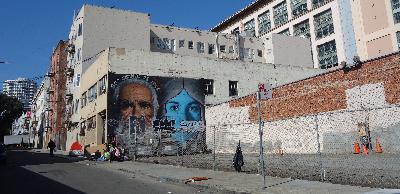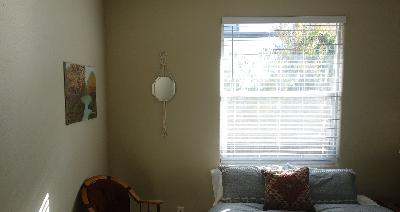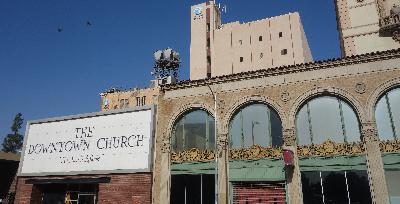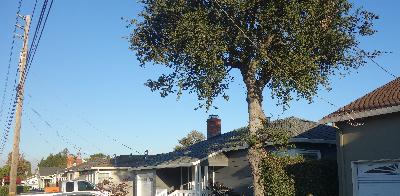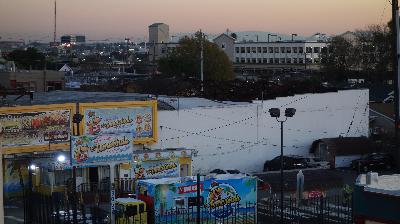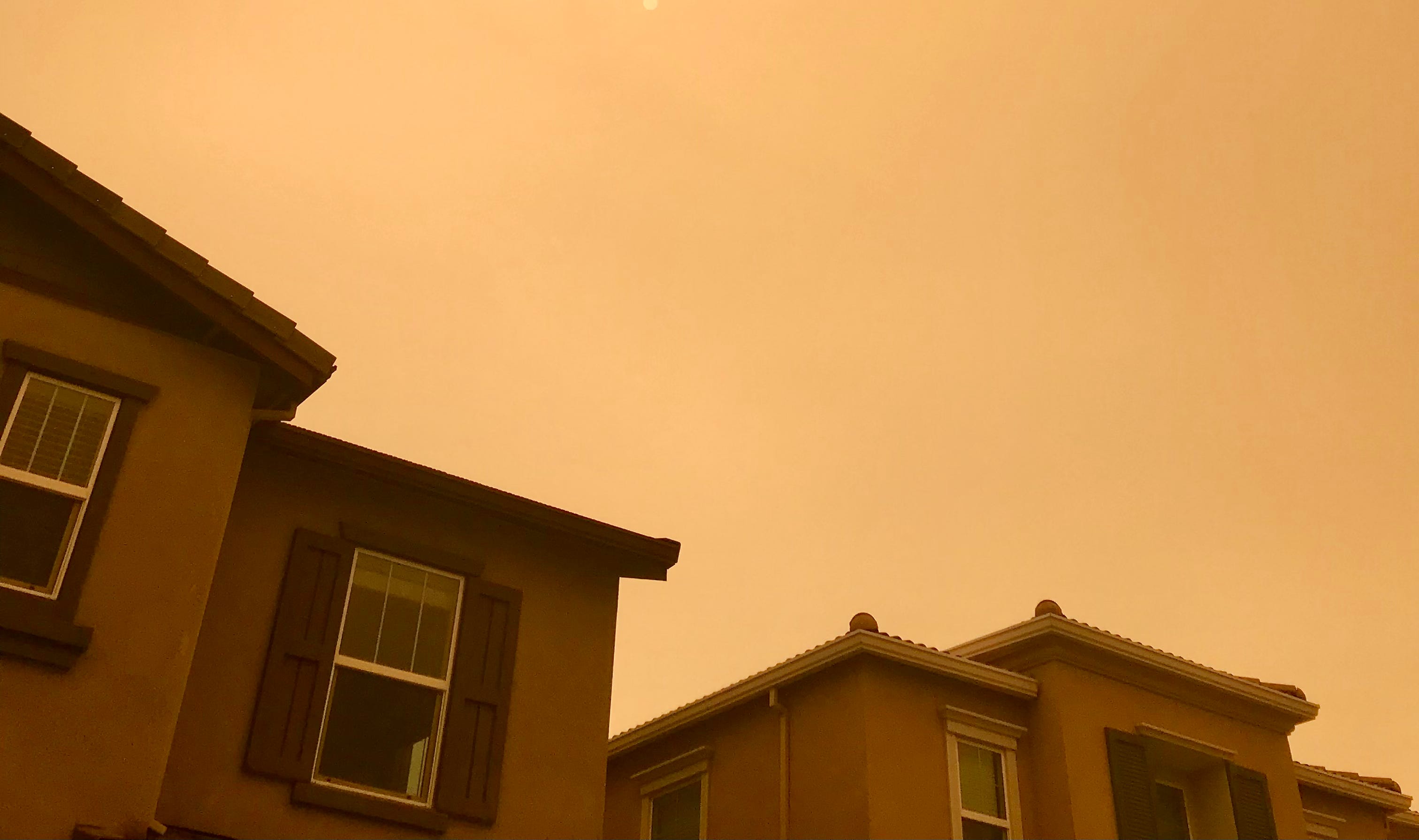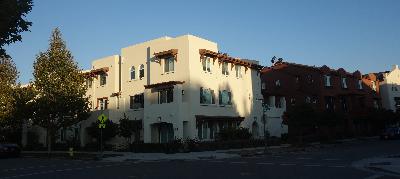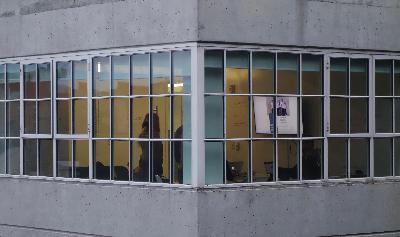Housing After Dark Episode 4: The Future of Social Housing in California
Description
Where We Go From Here is a reader-supported publication. To receive new posts and support my work, consider becoming a free or paid subscriber.
About This Episode
Welcome to a special episode of Housing After Dark. The original episode was recorded in May at a webinar sponsored by my Institute for Metropolitan Studies at San Jose State University (SJSU), SJSU’s Institute for Human Rights, and SV@Home. The event featured a conversation with three of my favorite housers in the Bay including Tomiquia Moss from All Home, Jennifer Martinez from the Chan Zuckerberg Initiative, and Regina Williams from our co-sponsors, SV@Home.
The conversion was a wide ranging dive into the hopes, possibilities and need for social housing in California. I was honored to moderate the panel, and since it came at the end of a long affordable housing month just before a long weekend, we figured some of you might have missed it. Now you have an audio and written version and I hope you find it as worthwhile as I did.
A special thank you to SJSU’s Gordon Douglas and Bill Armaline for helping put this event together. You can find their brief intros on the webinar version. One of the reasons why we did this panel was we felt it was important to talk about social housing in California beyond the state legislature. As I explain in my Substack piece accompanying this podcast, it’s going to be critical for housers in the state to keep building momentum behind social housing as an idea, as an idea of doing real system change for housing in California. I hope that the legislature passes both bills before it, ideally as one compromised bill.
I also hope other important bills that can build the backbone of a social housing system make it through this year. But no matter what happens in the state legislature, it will be up to us housers to reimagine, design and build a better housing system in California. That, after all, is what social housing is all about.
This Episode’s Guests
Thank you for listening to this episode of Housing After Dark. If you enjoyed this episode, please consider sharing.
Interview Transcript
Alex Schafran: Social housing is one of those issues where it really helps to take a bit of a deep breath before we start talking. This isn't a today thing or tomorrow thing. This is a longer term vision for transforming our housing system. I think there's a lot of different pathways that we can take, and the willingness to stick with it is really important. I think you can count on me and all the other folks that are here to be part of this issue in these fights moving forward.
First, we're gonna start with a bit of a level set, bring folks up to date with the state of things - why we're talking about social housing. Then, we’ll move into why social housing matters, and the question of what is social housing? One of the challenges and beauties of social housing is that it can mean a lot of different things to a lot of different people. There are a lot of different definitions and understandings out there about what social housing is, as a system, as an idea, as a proposal, potentially as a state agency, etc. Finally, we'll move into the types of actions we hope to see, or that we need to see, for a social housing vision to transform our housing system in some of the ways that social housing voices want to see.
Let's start with context. If you’ve been following social housing in the state of California, you may know that there have been a few legislative proposals over the years. There were a couple of different social housing bills in the previous legislative session, and currently [as of May 26, 2023] there are two bills that call themselves social housing bills. Alex Lee's AB 309 would [have originally stood] up a social housing developer, a California Housing Authority, to build housing in the name of the people of the state of California. There's also SB 555, sponsored by Senator Aisha Wahab (Hayward) which would ask the State Department of Housing and Community Development to study a possible social housing intervention for the state of California. In particular, to find a way to build 1.2 million units of housing for our lowest income California's.
There are also a handful of other bills that many people consider to be social housing bills. There's SB 584, sponsored by the building trades, which would [have] created a new housing fund, using taxes on short term rentals. There is Senator Skinner's SB 440, which would create a framework for all regions in the state of California to have a regional housing finance agency, like the Los Angeles County Affordable Housing Solutions Agency (LACAHSA) agency that is being built in Los Angeles and the Bay Area Housing Finance Agency (BAHFA) that is being built up here in the Bay Area.
You can even go into efforts that the state has made in the previous years, to have teacher housing built, to build housing for students through university funds as part of a social housing shift. This is just a matter of discussion and debate. What's not really a matter of discussion and debate is the fact that more and more people are talking about social housing. One things that really struck me was when I went to an event a few months ago sponsored by our Southern California Associations of Government (SCAG) and San Diego Association of Governments (SANDAG). These are the big regional agencies that together represent around 20 million people in Southern California hosting a discussion on social housing that included local elected officials, local government officials from different small jurisdictions, activists, housing policy wonks, you name it, it had over 400 people talking about social housing in California. Something like that would not have been possible or even imaginable five years ago, and a lot of credit goes to folks in those agencies for being willing to sponsor conversations about social housing. A big shout out to Helmi Hisserich and Jennifer LeSar for helping bring a lot of people to Vienna and really starting to get this conversation running.
And many of you will have read the most recent beautiful piece in The New York Times by Francesca Mari, that has been buzzing around my Twitter. It's been buzzing around conversations that I have with people who I've talked about social housing with for years, and with people who I've never spoken about social housing with once. And that, to me, is an important context.
Jennifer, I know that more people thinking and talking about social housing is something that you have been thinking about, and that you've been part of creating some of this context. I want to get your sense of where you think we are in this current moment of talking and thinking about social housing.
Jennifer Martinez: It is an interesting moment. I’ll admit, I was a skeptic. I was a tenant rights organizer for over a decade. I was really focused on rent control and typical affordable housing stuff. When someone came to me maybe seven years ago and said, “Hey, let's go for social housing.” I was like, “You're crazy. What are you talking about?” It was not at all part of the conversation, one could only wish. I'm too busy trying to keep people from being evicted to worry about a 100 year plan. But here we are thinking about a 100 year plan, which is really exciting.
CZI has sponsored folks to go to Vienna. These trips are happening out of California, New York and other places. These trips are taking cohorts of people abroad, Vienna being the premier place to look at how social housing (and I hope we're gonna get into what we mean by social housing in a second) might look and function and feel to communities and then bring those ideas back into our local communities and our state legislature for further discussion.
We've been part of supporting organizations that ran a ballot initiative last year, the United to House LA ballot initiative, which was passed. What was really exciting about that initiative, among many things (and the fact that it passed at all), was that it included a social housing component. I believe it's the first revenue source that has a specific carve out for the purposes of experimenting with social housing. And on the heels o

